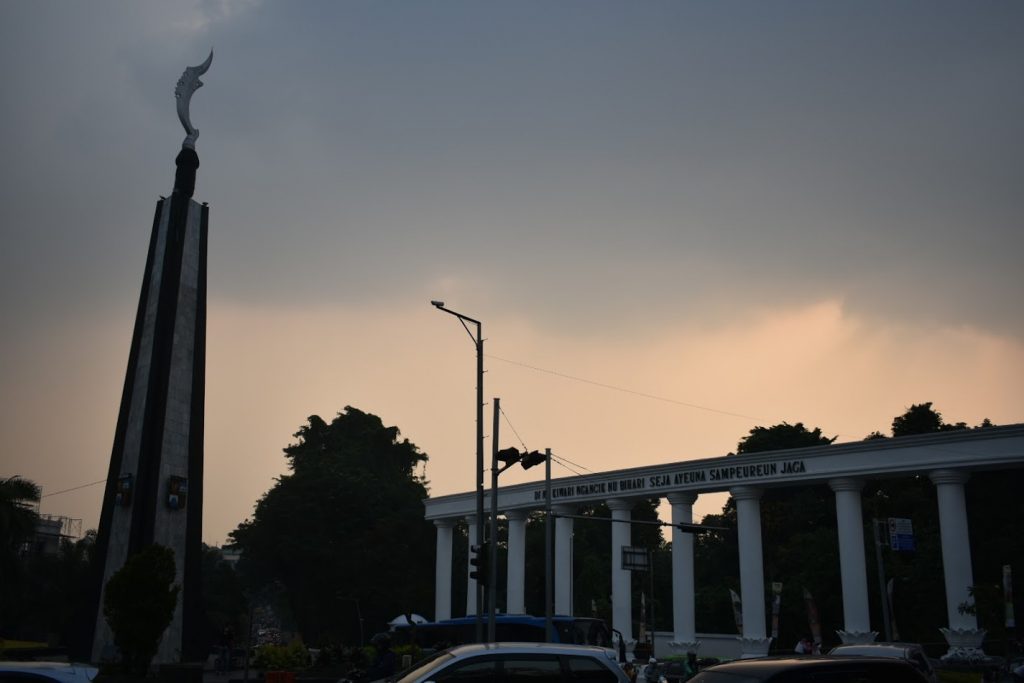Should we have stayed at home and thought of here?
Where should we be today?
Is it right to be watching strangers in a play
in this strangest of theatres?
[…]
“Is it lack of imagination that makes us come
to imagined places, not just stay at home?
[…]
Continent, city, country, society:
the choice is never wide and never free.
And here, or there . . . No. Should we have stayed at home,
wherever that may be?”
–Elizabeth Bishop, “Questions of Travel”
It’s always interesting, traveling. Don’t get me wrong - I love traveling! Meeting new people, seeing new places, eating new foods, fully getting immersed in the culture of one that isn’t my own - it’s exhilarating. I always say, traveling is one of the best ways to figure out who you are and your place in this world. And with each time you travel, you discover more about yourself that you didn’t know. This time, my traveling experience informed - even emboldened - my perspective on some core social issues.
Those I traveled with very diverse by all major markers - age, gender, nationality, race, sexual orientation - all of which formed our unique identities. One of the presumptions I made was that this was our strength, and in many ways, it was. However, it didn’t take long for the group to split into several smaller groups, with various complexities due to these individual identities playing out.
Ageism showed its marker, with my older peers completely usurping younger peers - though they were largely unaware of it. Divisions manifested along the scholars/non-scholars lines, as well as the usual divisions that continually plague the LGBTQAI community.
I think it’s interesting that this came up through this trip, because within this fairly homogeneous group of students, we still managed to find things that split us apart. This made me question. Is it human nature to find and exploit these differences? Is the recognition of intersectionality but a more refined way of defining and calling out this innate (or learned) segregationist behavior? Is the lack of recognition an attempt at erasing (or willfully ignoring) nuances that are associated with different broader identities?
While there were many examples throughout the dialogue, I’d have to say the main example was our visit to Indonesia. See, for most of the western-world, the lines of classism, social disenfranchisement, and economic hardship are usually drawn along the same lines and attributed to the same marker - race. In Indonesia, that marker disappeared, and yet the same problems persisted. There were slums on the outskirts of the city with towering state-of-the-art buildings. There were street vendors on the sides of roads, those roads with traffic from both scooters and Mercedes Benzes. The same problems classism, social inequality and economic hardship were there, but the west’s ill-advised marker of race as the cause of that, wasn’t.
Perhaps we should ponder, as a civilization - what would true unity look like? Is it achievable? By what means is it achievable?

